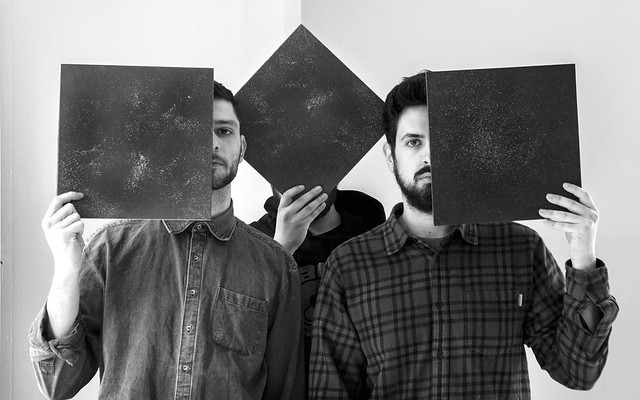Computer Music // Conditional in Focus
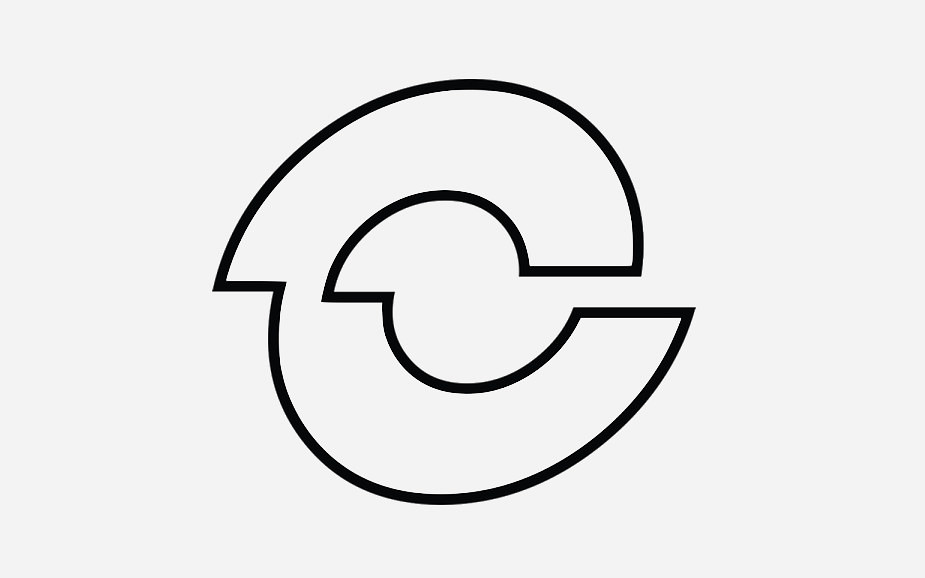
Having only began two years ago, Calum Gunn’s Conditional imprint has been releasing music with staggering frequency. With 12 releases to date and six more on the horizon, Conditional champion the glory of running an underground label: short runs, quick turnarounds, and most importantly, a free exploration of musical innovation. Find gabba, live-coding and stark minimalism from the likes of Ewa Justka, rkss, Daniel M Karlsson and more.
In our ‘In Focus’ series, we aim to demystify the world of running a label. What ethics, aesthetics and politics are taken into account when running an imprint? At a time when Soundcloud, Bandcamp and other digital platforms can act as a kind of surrogate label for anyone to broadcast their music, what’s the point of a label these days anyway? In this edition, we spoke to Calum Gunn, the man behind Conditional.
“For me it's a way to highlight other people's work,” Gunn begins. “The idea is to platform music that would maybe be otherwise looked over, if not for some flimsy relation to Conditional. I quite like the idea of there being a kind of Conditional gang [laughs]. We’re just a loosely defined crew of friends who make sympathetic music. That’s it. I see Conditional as a group of comrades rather than a record label, I guess.”
There is certainly a shared camaraderie around Conditional that’s not common to all labels. They recently released a compilation, featuring every artist on the roster, described as a “group photo from the whole family, all sharing a disregard for genre and form”. But what is the uniting sound of Conditional? What is the blood that runs through their veins?
“It’s hard to tell, it’s just stuff I like. It’s a very good sound, I think [laughs]. It’s hard to pinpoint what it is that runs through all of it other than my own taste.” In some sense, this is the essence of a good label. The most successful labels in recent memory have been able to collectivise an array of seemingly disparate musicians, and find one common element between them all. Think, for example, of Hyberdub or Hessle Audio. Or Raster-Noton and Warp. In these cases, the label is the sound. They become a constellation for all music produced after. You could hear new music and say: “that belongs on this label”.
“Conditional is quite undefined”, Gunn explains. “It can feel like a lot of responsibility, I’m no arbiter of good taste or anything. Or in anyway entitled to an opinion on anything, to be honest… I guess I will always be attracted to extreme music: extreme weirdness, extreme bounciness… I always find myself assigning physical properties to music in my head.”
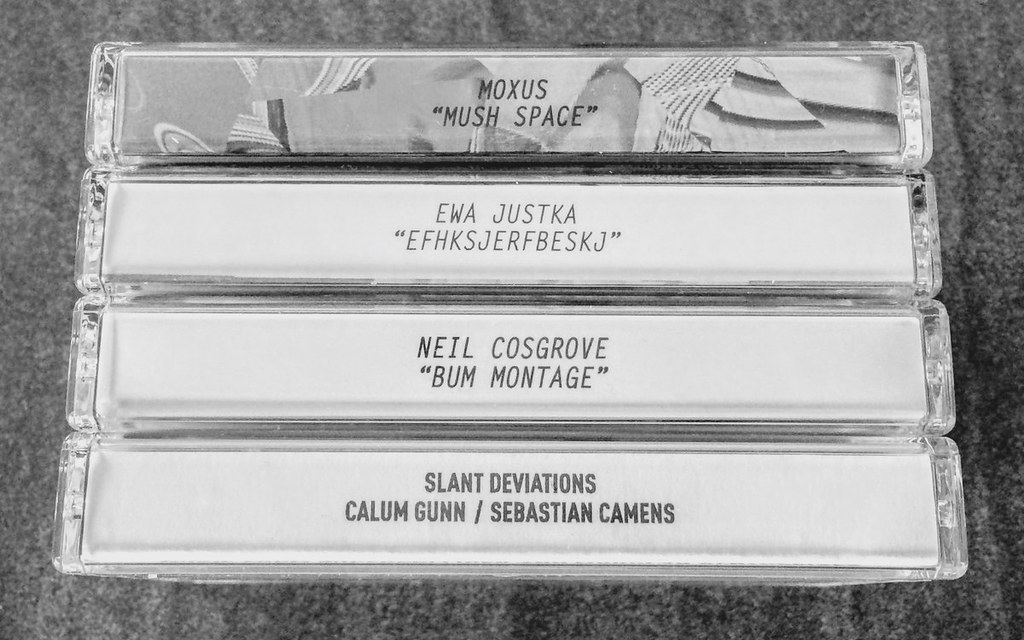
In my review of Sebastian Camen’s Tan Object, I (pretentiously?) described the Conditional sound as being ‘object-oriented’. The focus of this music is not so much the players or the playing, but the sound-waves themselves. Each new release feels like a guided tour through the architecture of sine-, square- and triangle-waves. Each release also seems to be a unit unto itself. There’s no real series or collector’s catalogue. One release can be a vinyl, the next can be lanyard, the one after that comes as a poster. Each is its own artefact waiting to be discovered. However, Gunn seems to have his heart set on one format in particular: cassettes.
“I love cassettes; they're great objects. They're cheap. They’re not too big. I didn't actually have a tape player for like 6 months after I started the label so I would just go to other people's houses to check master tapes" [laughs]. The focus on cassettes might explain the quick-fire release schedule that Conditional is famous for. Their latest release, a 20-run cassette entitled ‘Richard’ was written and released in just over two weeks.
“Yeah it's not bad eh? People keep sending me stuff. And I keep getting drunk and asking people to send me more. And therefore there's no end to it. We have a live-coder from Newcastle called Sean Cotterill and something from tuuun coming up soon.”
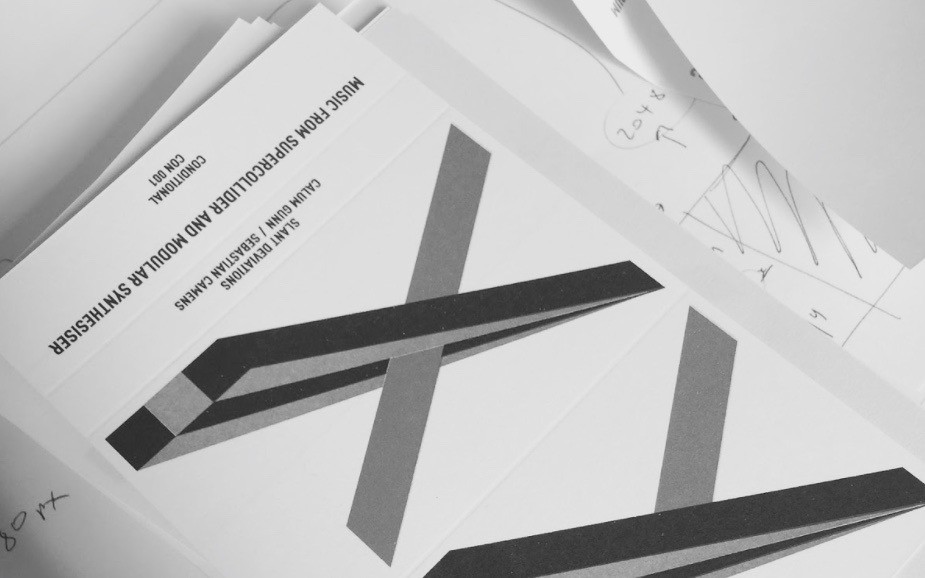
Gunn is also a producer in his own right, and contributed towards the very first Conditional release, a split with Sebastian Camens. “I figured the first should be a split. Check it out. See how this all works”, Gunn goes on. “Conditional was always more of a place to platform other artists than a vessel for my own stuff. I haven't done any personal releases since that first one (except on our latest all-label compilation). It feels super weird releasing my own music to be honest. It's a waste of money [laughs]. For myself and for the customers…”
However, Gunn’s input is never too far from sight, as he also produces the majority of the artwork for the label. “It sounds a bit daft but I'm really getting into handling the art direction. I just love laying out all the images, photoshopping and so on. I'm venturing more into design too. I also love the other artwork that's been done for the label, like Broshuda's poster for the newest compilation.”
One of the more striking pieces of artwork was Ewa Justka’s own design for her cassette last year. “That was all her, I had nothing to do with that [laughs]. It's just like Microsoft paint clash of unflattering photos. It's so good. She sent me that and I was so happy. In one of the pictures, she's wearing her Maplin uniform. I saw that I just went yesssss…”
It has always struck me that one issue running a label can be the sheer volume of demos to digest. Often, the most fulfilling music is hated on first listen. Those slow burners require work from you as a listener, and in return you are rewarded with a lifetime of enjoyment. But since your first listen is often wrong, how do we catch those gems that only reveal themselves with repeated listens? It seems now that in electronic music, everyone is competing for this ‘memability’: the music needs to catch your attention within the first listen or it will be forgotten forever.
“Maybe that’s why I don’t release much deep music [laughs]. I’m quite impatient I guess. But music can really take you by surprise. I recently got into Meshuggah, for example. I had maybe tried to listen to them 9 or 10 times in my life. Then I randomly came across them again the other week and was just like HOLY SHIT THIS IS THE BEST!” Gunn’s interest in metal can also be seen with their merchandise: a t-shirt that reads ‘COMPUTER MUSIC’ in classic (ironic) gothic typography.
This is to be expected, since Gunn has reached the world of electronic music through a somewhat unconventional route. “I got into Happy Hardcore growing up in Scotland. Livingston, where I grew up, is a weird hotbed of happy hardcore, although I was bit too young for proper raves. From there I found jungle and breakcore and so on. My experience of experimental electronic music has always been through this pseudo-nostalgic lens of rave”. He also neglects to mention that he was the lead singer of ‘fight pop’ indie outfit, Dananananaykroyd. “We toured for about 6 years non-stop with nothing to show for it. We called it a day and I moved to London. Touring is great: you’re cold, you hate people, you hate yourself. It’s great!”
One important difference between playing in a band and playing as an electronic musician is the pay. Bands will often be lucky to get a fiver to cover petrol. But there is a distinct (though not too distinct) attitude towards DJs and producers. “It’s insane, why does anyone do it? Maybe the value of the crowd is taken into account. Maybe dancing is considered more profitable than moshing I guess, I don’t know. I hope not.”
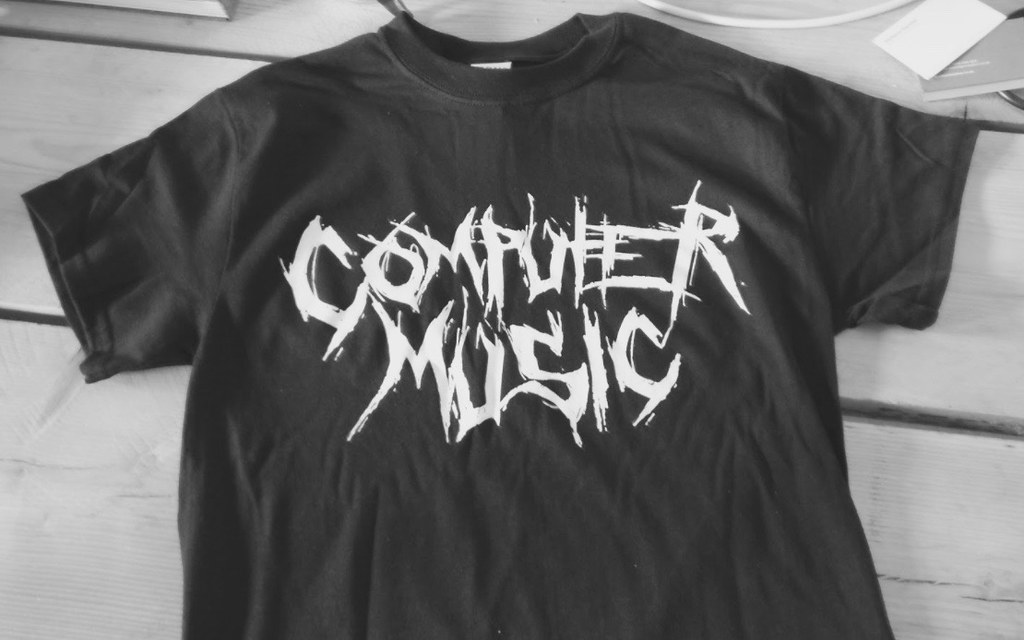
Perhaps the answer is a lot more simple: electronic music is simply in vogue. And like all trends, will soon come crashing down. “I kind of hope that stops soon. It will be fun to see what happens when electronic music goes out of fashion again.” Although live contexts differ, indie and electronic music labels alike can all agree there’s no money to be found in running a label like there used to be. Maybe that’s a good thing.
“I don’t really think it’s possible to sustain yourself from a label these days. It’s a hobby for me. One that I do alongside working full-time. Some people save up their disposable income for clothes and holidays. I spend mine on making cassettes [laughs].”
What would happen to Calum Gunn if electronic music did some crashing down? A Dananananaykroyd reunion tour? “Yeah [laughs]. Guys! I think we can do it this time! I can’t remember the words but fuck it!”
Conditional's latest release, Pocket Protection, is available now as a limited edition cassette on Bandcamp.
- Published
- Oct 31, 2017
- Credits
- Words by Georgie_McVicar
